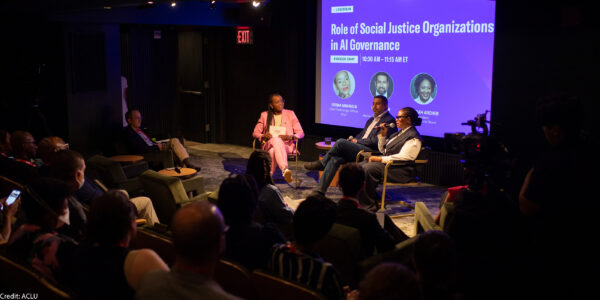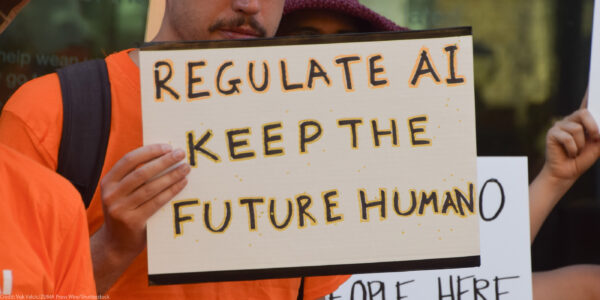
In the digital age that we live in today, we are constantly exposing our personal information online. From using cell phones and GPS devices to online shopping and sending e-mail, the things we do and say online leave behind ever-growing trails of personal information. The ë–ƒVlogbelieves that Americans shouldn‚Äôt have to choose between using new technology and keeping control of your private information. Each week, we feature some of the most interesting news related to technology and civil liberties that we‚Äôve spotted from the previous week.
[Huffington Post]
“Facebook users have a new threat to look out for. It's called the ‘Ramnit’ worm, and it has compromised 45,000 user accounts.”
[Wired]
“Three WikiLeaks supporters have lost their bid to protect their Twitter records from U.S. investigators trying to prosecute the whistleblowing site over its publication of secret and sensitive government documents.”
[New York Times]
“There is a high bar for something to be considered a human right. Loosely put, it must be among the things we as humans need in order to lead healthy, meaningful lives, like freedom from torture or freedom of conscience.”
[ReadWriteWeb]
“A recently published business development analysis by research firm Gartner looked into social networks' need for a more structurally sound revenue stream, and came to the conclusion that to maintain viability and competitiveness, they will soon enter the financial services industry.”
[PrivacyRights.org]
“The Privacy Rights Clearinghouse (PRC) is proud to announce the launch of an interactive online complaint center designed to serve as a clearinghouse for consumer privacy complaints.”
[EFF]
“2011 was an important year for court decisions interpreting the Freedom of Information Act (FOIA).”
Learn more about dotRights: Sign up for breaking news alerts, , and .


